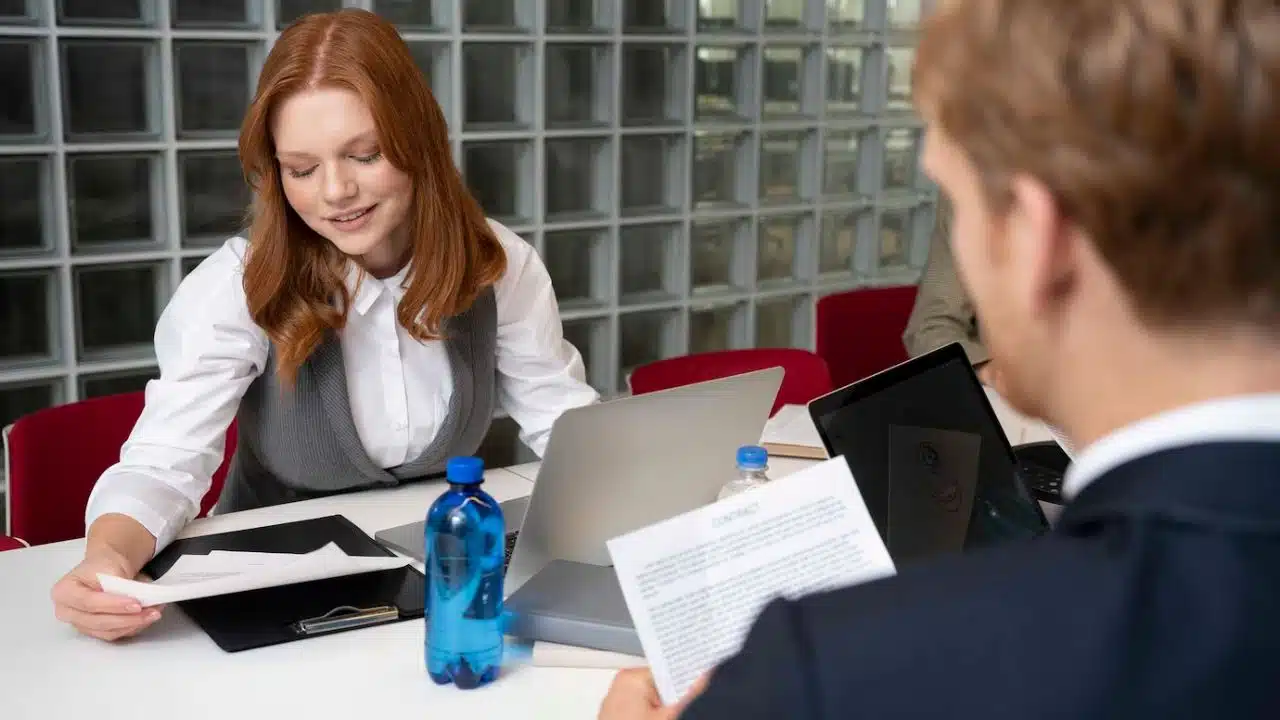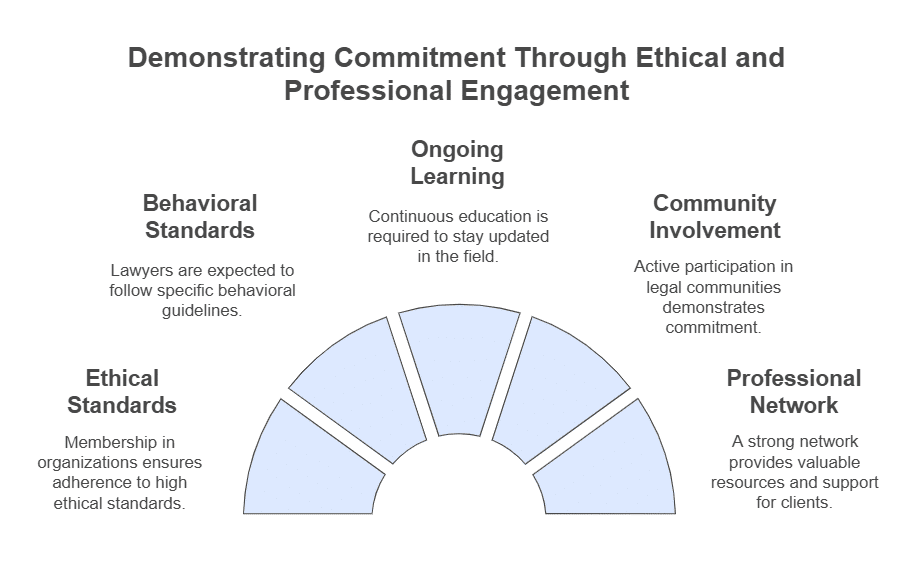Choosing the right lawyer isn’t just about credentials—it’s about trust. In Charleston, where personal injury cases can be complex, finding legal representation you can rely on is essential. The right attorney should have a proven track record, clear communication, and a reputation for ethical practice. Checking client reviews, verifying credentials, and assessing their experience handling similar cases can help you make an informed decision.
Transparency is also key—lawyers who provide clear fee structures and honest case evaluations are often the most reliable. Beyond qualifications, a lawyer should make you feel heard and supported throughout the legal process. A trusted personal injury lawyer in Charleston will not only fight for your rights but also guide you with integrity and professionalism. Taking the time to vet your options ensures that you have an advocate who truly has your best interests at heart.
Understanding the Importance of Trust
Many legal matters have implicit confidentiality. The one thing that forms the base for the whole lawyer’s look-client relationship is trust in the attorney. The only problem here is that favorable outcomes become very tricky to achieve without mutual trust. They not only provide expertise but also confidentiality or ethical guidance. Hence, it is a must to verify the credibility of a legal professional up close for anybody in need of legal service.
Investigating Professional Experience
Reviewing a lawyer’s professional history gives you insight into how good they may be. Start with their level of education. Well-known institutes would produce good lawyers, too, but that is not the only consideration. Check their experience in dealing with such cases. An experienced lawyer usually has a broader knowledge base regarding a particular legal issue.
Judging the Reputation via Reviews
Feedback from a client is one of the best ways to judge how reliable an attorney is going to be. Those are 1st-hand accounts from earlier clients via online reviews and testimonials. Positive feedback often means business as usual, but negative feedback (once again) acts as a pole-light, indicating repeated flaws. However, one must tread cautiously because certain reviews may be biased.
Guiding Fit Communication Skills
Good communication is the basis of an acceptable lawyer-client relationship. Pay attention to how the lawyer handles questions that would-be clients pose during the first consults. When you can explain the legal process well, as well as what options someone has to take, that shows competence and commitment. If lawyers make you a crucial part of the process, they are probably reputable lawyers. Regular updates of case progress are also indicative of meeting the client’s needs.
Switching and Comparing Professional Affiliations
Being a member of established legal organizations shows that the lawyer is committed to ethical standards. Such peers are generally expected to follow specific standards of behavior and ongoing learning. See if the attorney is a member of a local or national bar. Their involvement in legal communities demonstrates their commitment to keeping up with changes in the industry. This type of involvement can be a testament to the strength of a broker’s professional network, and this is something that often comes in handy for clients.
Analyzing Fee Structures
The trust aspect is largely dependent on transparency in fee structures. For instance, a good lawyer states his charges straight up, without any surprise fees. Talk through the way you can scenario and the other expenses in advance. Sourcing fees for services provided allows for a better risk of miscommunication. Attorneys who are upfront about how much they bill typically have more integrity. Also, this honesty is needed because you may have to pay for medical insurance, household expenses, and other things in addition to legal fees.
Specifying Specialisation in Pertinent Domains
Legal practice areas can be very complex and diverse. Sole practice for the relevant branch of law improves a lawyer’s proficiency in tackling specific cases. Make sure the attorney has experience dealing with similar legal situations. This knowledge often means better representation and guidance. A unique lawyer is more likely to have a deep knowledge and expertise in relevant statutes and regulations.
Checking License and Credentials
To develop trust, you must ensure that the attorney you are communicating with is licensed and well-qualified. The requirements to practice law are specific to each state. Check with your state bar association or legal regulator. Factors like board certifications provide additional proof of a lawyer’s knowledge. PR practitioners keep alive licenses, which indicate professionalism and adherence to legal standards.
Creating a Relationship
Personal rapport between you and your attorney helps build case trust. Have conversations that help you feel how you work (or don’t) together. Clients will feel warm in the presence of lawyers who can express empathy with the situation they are going through. A developing relationship is conducive to collaboration and communication. A reliable lawyer takes note of the client’s point of view and makes an effort to work together to reach targets.
Seeking Second Opinions
The more lawyers you speak with before deciding, the more perspective you have. Comparing different approaches and opinions on a case and balancing different perspectives is most useful in making informed decisions. An experienced lawyer who knows what they are doing will not mind comparisons, further developing clients’ trust in their expertise. They can only decide upon them after thoroughly looking up the possible alternatives.
Conclusion
Background research and management of communication will guide you in making the right choice. Comparing fee arrangements, checking appropriateness, confirming credentials, and more all help to instill faith in an attorney’s ability. In the end, building a rapport and getting secondary chances creates a dependable business relationship.







































